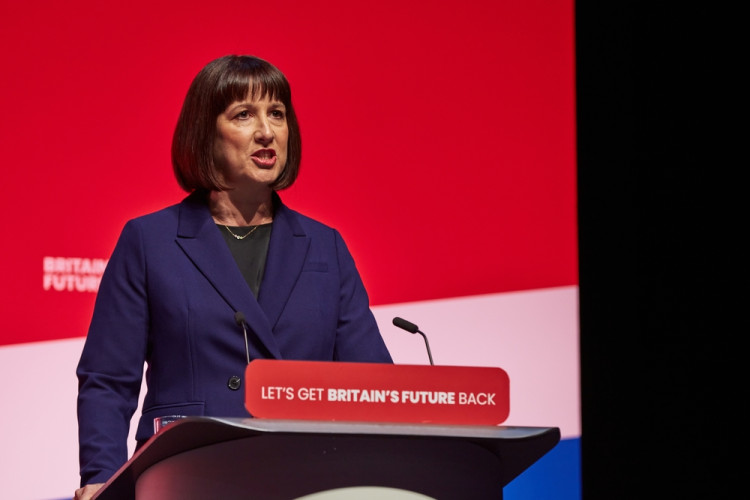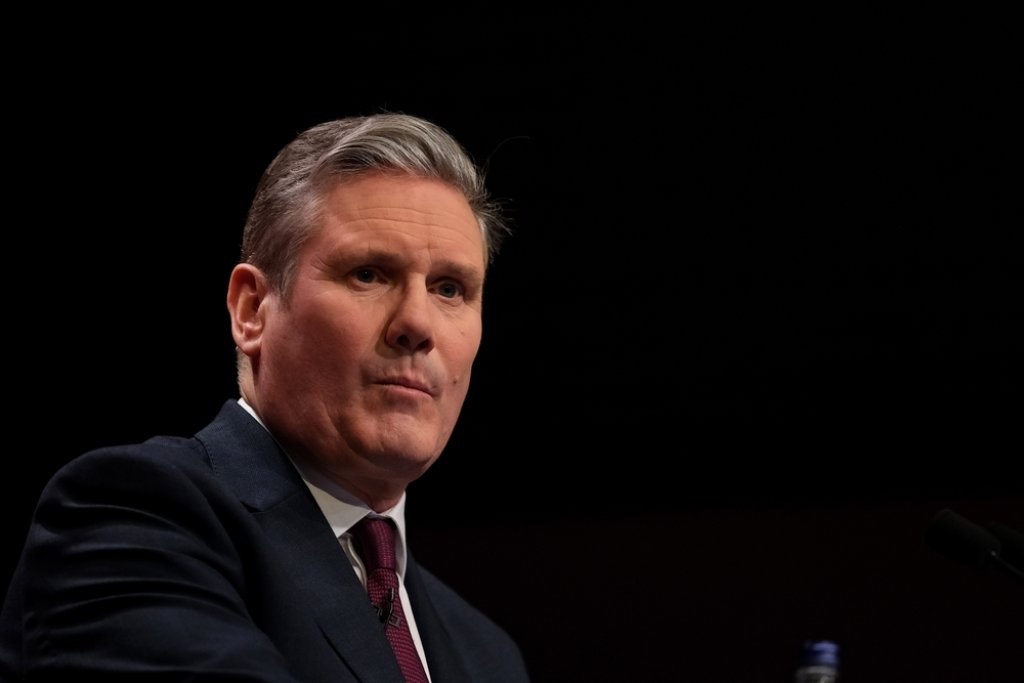Shadow ministers believe a glut of new investment will help solve their tax and spend conundrum. It may not require phenomenal cosmic powers.
It’s said Keir Starmer is the luckiest of generals. Partygate, the Truss mini-budget, D-Day – at every turn the Labour leader’s opponents have laid tributes at his feet. One of Westminster’s most loved parody accounts, General Boles, has even taken to reposting a meme of Sir Keir visiting Aladdin’s Genie every time a campaign development favours Labour.
The party needs the good luck to continue after polling day. Labour faces the bleakest inheritance of any post-war government. Its frontbench had a pittance of time to engage officials before Rishi Sunak’s decision to call a summer poll. Even if hammered at the polls, the Conservatives and their allies will find ways to contest Labour’s agenda in the media and through campaigns.
Invest in my reputation
The new government is especially in need of a lucky break when it comes to the public finances. Having ruled out a range of tax rises and desperate to avoid spending cuts, shadow ministers openly talk up the potential for greater private sector investment to plug the funding gap. They claim investors will reward the UK with a ‘stability premium’ when they get in, sending new capital Britain’s way simply because the Conservatives are out.
Nice words. But Labour’s actions suggest they know it will take more than that. The party continues to bang the drum for measures such as planning reform and grid decarbonisation – policies of questionable popularity on the campaign trail but which underline its intent on unlocking infrastructure spend. At times the party’s manifesto felt like an investment prospectus on industrial decarbonisation, confirming pots of funding for sectors like steel and ports and promising to designate data centres as nationally significant infrastructure.
Then there was Rachel Reeves’ promise last week of a new investment summit within 100 days of a Labour government coming to power. Overlooked amid excitement over her promise of a reset with the EU, Labour put itself on the hook to deliver an executive jamboree aimed at winning investment in sectors such as life sciences, green energy and AI. This has gone down well with business chiefs, although those familiar with the challenges the Government has faced in organising Global Investment Summits wonder if Labour knows what it is getting itself in for.
FDI reform: show us the money
There are more questions as to whether Labour really understands the institutional change needed at the heart of government to get investment moving. For all the scorn heaped on the Tories, investors cheered Rishi Sunak’s decision to endorse recommendations ex-business minister Lord Harrington made for increasing the UK’s share of FDI. Those familiar with the implementation of Harrington’s review note that progress has been made, but it’ll fall to Shadow Business Secretary Jonathan Reynolds and his team to drive this through in earnest.
Reynolds has done more than just mouth pleasantries about Harrington’s recommendations, having engaged with the former minister behind closed doors. But his party remains tight-lipped on crucial pillars. It still isn’t clear if there will be an investment minister at Cabinet, or if this minister will be able to act across Whitehall as Lord Grimstone did under Boris Johnson.
Nor is it clear how much time and money Labour will devote to important recommendations Harrington made for improving Britain’s chaotic grant funding system. There are decisions to be made on scaling-up organisations like the Office for Investment, whose capacity to support investors end-to-end needs improvement if the UK is to compete with its global rivals.
Here at least Labour is fortunate that outgoing ministers will leave more than just a note of apology. The departing government leaves behind a ministerial investment group to push forward a strategic approach to FDI, though this appears not to have met at the time Sunak called the election. Even before the publication of Harrington’s review, Conservative ministers and their officials spent a lot of time looking at how to import best practice from abroad, especially through the kind of investment ‘concierge’ services provided in Spain and France.
Here come the Rosbifs
And it is across the Channel that Labour could find another bit of luck. As the UK has moved from one political crisis to another in recent years, President Macron stole a march with big business through ‘Choose France’, an initiative that aimed to put the might of the French state behind inward investors. French political insiders observe it’s not all sweetness and light for those that do take the plunge, but concede France has done well in securing what it needs for projects of strategic importance, including on digital and energy transitions.
Now all that may be up for grabs. Macron’s decision to trigger snap parliamentary elections concluding two days after the UK poll may lead to the far right entering government for the first time in the Fifth Republic’s history. The prospect of a Le Pen-Bardella administration ratcheting up state spending has provoked horror in outlets read in boardrooms around the world, as well as public warnings from business groups at home.
Might investors notice the role reversal and give the British bulldog a bone? Again, much will depend on whether a Labour government can make good on dull but important promises of institutional reform made by its predecessors. But with a Prime Minister Starmer set to debut on the global stage at two summits in the weeks after the election, he has another opportunity to capitalise on some remarkably good fortune.








